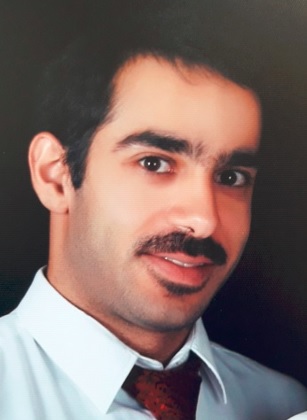Mohsen H. Darabi, editor and translator at Daanadell English Proficiency, darabi@daanadell.com

Academics are likely to share common mentalities when considering mutual perusal and interactive inquiry as assets to scientific effort and agricultural communication. Amid academic realizations, thoughts on science and agriculture can influence human behavior for peace and prosperity. While the most common forms of measurable thought can be actualized in writing, visual aesthetics and functionality are our undeniable anticipations of agricultural engagement. Communicating over long distances of geographic significance is what we prioritize and seek through academic dialogue. To this end, agriculture, together with literature, particularly English literature, can have substantial effects on shaping our approach to strangers, non-conformist topics, esoteric practices, and the literature that begs to be created to describe them contextually. English proficiency is not the sole, ultimate goal herein. Artistic creations and their tangible functions may largely encourage an audience to appreciate the versatility of efforts made by people whose worlds and ambitions are alien to each other. These can be sought philosophically before assuming practical achievements in refined forms of management and policy-making for communicative practices.
Since the Middle East is the focus herein, a lack of philosophical productivity by Middle-Eastern populations, across a range of fields, explains half of the ostensible nature of the current objective. The other half emanates from a global, misconceived notion that Middle Eastern populations might not be capable of contributing significantly to the current development of philosophy and literary theory in the world. Of course, Middle Eastern populations have mostly remained silent and uninvolved in modern philosophy and literary theory during the twentieth century. However, this poor, intellectual record of Middle Eastern populations should not underestimate Middle Eastern potential and the prospect for future involvement in intellectual realms. Accordingly, there are several purposes (see Mission) to address several shortcomings (see Statement of the Problem). Its ideal picture of the region is that people build self-confidence in Middle Eastern students and graduates by assisting them in creative writing first and then in academic writing. These two may enhance the efforts of these individuals to engage with philosophy and literary theory. Ultimately, we seek to make students and graduates realize how they may be intellectually and credibly capable of appearing in journals, books, and the rest of the world stage.